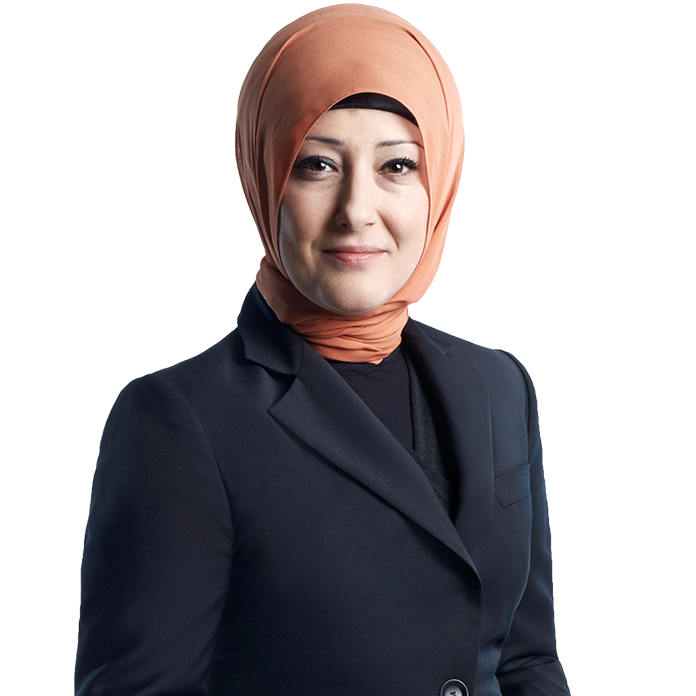Sometimes, when the Iranian government took steps against Saudi interests in the region, the Saudi administration would chastise it, but this would be mainly limited to threats which would not be realized.
The first aggressive policy that disrupted this stagnant consistency was the Yemen war, initiated by the cooperation of eight Gulf countries. Over 11,000 people died in this war, which cost Saudi Arabia $1.5 trillion and brought the country to the brink of bankruptcy. Moreover, no success was achieved and no progress was made against the Iranian expansionism. Then, the Gulf states, led by Saudi Arabia, imposed an embargo on Qatar, but the country could not be sanctioned as it had been foreseen, and it was thought that regional countries wronged Sunni Qatar.
While all this happened, Saudi Arabia’s aggression emerged in the palace like in foreign policy. The country is being shaken by the biggest political crisis of recent years. Last Sunday night, Saudi’s Crown Prince Mohammed bin Salman set up an “anti-corruption” commission to arrest 11 princes, four ministers, TV owners and businessmen, and detained them in a hotel and forbade exits from the country.
Last summer, King Salman declared his son Mohammed bin Salman as the crown prince instead of Mohammed bin Nayef, who should have been the crown prince under normal circumstances. It is known that Mohammad bin Salman, who mainly had a say in the administration before he was declared crown prince, is very close to Zayed Al Nahyan, the UAE crown prince, who is said to have sent money to the putschists for the July 15 coup attempt in Turkey.
The operation carried out by the Saudi king and his son, namely the liquidation of princes, ministers and businessmen, is attributed to the visit by Jared Kushner, Trump’s Jewish son-in-law, to Riyadh on Oct. 28. In fact, it is asserted that a high-level delegation from Riyadh paid a secret visit to Tel Aviv before these operations. These assertions are aimed at saying that the King and Mohammed bin Salman cooperated with the U.S., Israel and Egypt, that they would observe Israeli interests in the Palestinian territory and that any steps they would take in the region would be supervised and guided by them.
In fact, such a thought may be a driven by a conspiracy. Even if it is so, the previous administrations of Saudi Arabia were also pro-American. Namely, they were not less pro-American when they embraced putschist el-Sisi in Egypt and before that. Moreover, it can be said that there was almost no period when the Saudis were not pro-American. But it has never been seen that the Saudi administrations were so aggressive both internally and externally.
The new aggression revealed by the Yemen and Qatar cases has brought nothing to Saudi Arabia. Its economy was shaken because of Yemen, and its reputation suffered the most because of the brutal embargo that it imposed, in cooperation with the regional countries, on Qatar, a small Sunni country.
It is said that the new Crown Prince bin Salman, 32, who is seen as an architect of the change both in foreign and domestic politics, is supported by the youth. On the other hand, it is said that older and more conservative groups think that his policies have caused losses for the country. It is not an unexpected prophecy to say that the crown prince's enemies and opponents will increase after the latest operations.
At this point, the question is whether these policies emerged as a result of a single person’s inflated self-confidence, whether the crown prince concerns just himself and his King father, who is under his influence, and whether Saudi Arabia is experiencing a permanent track change?
The more important question is whether the socially and politically fragile structure of Saudi Arabia, a theocratic state ruled by absolute monarchy without a single democratic institution in the hands of an oligarchic ruling group, can endure these conflicts and aggression.
Given the developments and defeats so far, I do not think that the result is unpredictable.




















